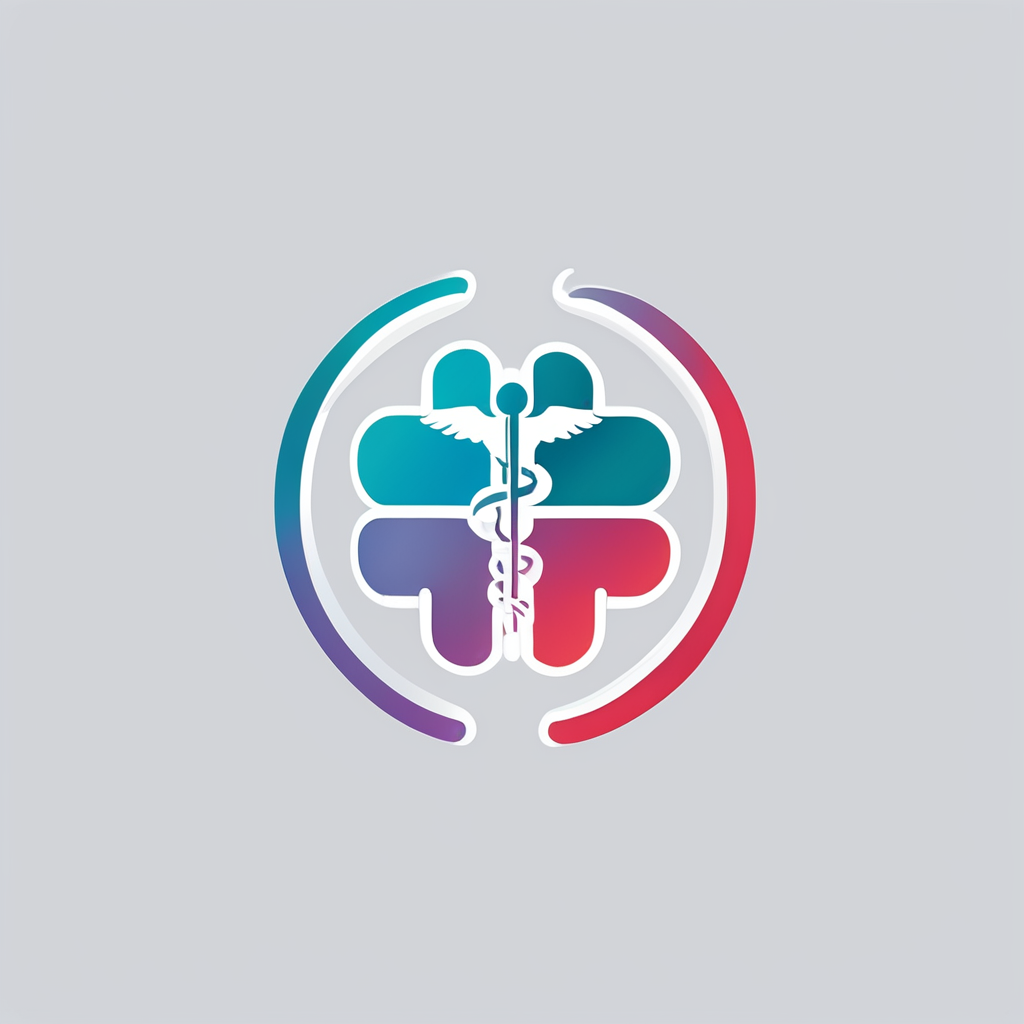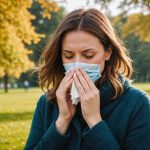Staying informed about health issues is vital for older adults navigating the complexities of aging. By leveraging technology, consulting with healthcare providers, engaging in community resources, and relying on credible information sources, you can enhance your health literacy. This knowledge not only helps you make informed decisions about your care but also empowers you to advocate for your health needs. Embracing these strategies will enable you to maintain a healthy lifestyle and manage potential health risks effectively as you age.
Leverage Technology for Health Updates
Technology has revolutionized how we access information. For older adults, learning to use smartphones, tablets, or computers can open a world of health knowledge. Many reliable sources offer health-related news specifically tailored for seniors, such as the National Institutes of Health (NIH) and various medical organizations.
Also to see : What are the best low-impact exercises for seniors to enhance mobility?
You can subscribe to newsletters from reputable medical organizations, which often provide updates about health risks associated with aging, preventive care measures, and advancements in treatments for common conditions among older adults. Additionally, using health apps can help track your health metrics, medication schedules, and even offer reminders for regular check-ups.
Online forums and social media platforms can also be powerful tools. Joining groups focused on senior health can connect you with peers and professionals who share valuable insights about managing health as you grow older. Your experience, combined with others in the community, can create a supportive environment conducive to learning.
Also to see : How can family dynamics influence the well-being of senior citizens?
Furthermore, consider video tutorials and webinars that discuss various aspects of health. Many organizations offer free resources to help seniors understand issues related to COVID, chronic illnesses, and other relevant health topics. Engaging with this content can help you stay informed while also minimizing the risk of misinformation.
Consult with Medical Professionals
Regular consultations with healthcare providers are essential for staying informed about your health. Building a strong relationship with your doctor allows you to discuss any health concerns or questions you might have. During visits, you can ask about the latest recommendations for healthy living, vaccinations, and preventive care tailored to your age group.
It’s vital to be proactive during these appointments. Prepare questions in advance and express any concerns about changes in your health or lifestyle. This will encourage open dialogue and ensure you gain relevant information. Many doctors are accustomed to working with seniors and can provide guidance on managing specific health risks associated with aging.
In addition, consider seeking specialists when necessary. For example, if you have a chronic condition like diabetes or heart disease, regular consultations with specialists can help you understand new treatment options and research developments. These professionals often stay updated on the latest medical findings, which can be beneficial for your care.
Telehealth services have also become more prevalent, especially since the COVID pandemic. These services allow you to consult with healthcare professionals from the comfort of your home. This is particularly helpful for older adults who may have mobility issues or find it challenging to travel to appointments. Telehealth can be a valuable tool for routine check-ups, follow-ups, and receiving guidance on health issues.
Engage in Community Resources
Many communities offer resources to help older adults stay informed about health issues. Local health departments, senior centers, and non-profit organizations often host workshops, seminars, and health fairs tailored to seniors. These events can be invaluable for learning about healthy living, preventative care, and available local services.
Participating in community discussions can also provide insights into health trends and issues affecting seniors in your area. You might discover programs offering free screenings, health education classes, or support groups. Engaging with these resources not only helps you stay informed but also fosters social connections, which are vital for mental and emotional well-being.
Furthermore, libraries often provide resources such as books, pamphlets, and access to databases that contain health information. Many libraries also host guest speakers, including health professionals, who can discuss various topics relevant to seniors. This can be an excellent opportunity to learn about new findings in health research and ways to improve your health.
Remember, being part of a community not only improves your knowledge about health but also strengthens your support network. Interacting with others who share similar experiences and concerns can be both comforting and informative. By utilizing community resources, you can enhance your understanding of health issues and find assistance in managing them.
Stay Updated with Reliable Resources
In the age of information overload, identifying reliable sources of health information is crucial for older adults. Misinformation can lead to confusion and poor health decisions. It’s essential to seek information from credible sources such as government health websites, established medical organizations, and recognized health professionals.
Websites like the Centers for Disease Control and Prevention (CDC), the World Health Organization (WHO), and the NIH provide accurate and up-to-date information about various health topics, including those pertinent to older adults. These resources offer insights into health risks, preventive measures, and treatment options.
Moreover, consider reputable health magazines or journals that focus on issues affecting seniors. Subscribing to these publications can help you stay informed about the latest research findings, lifestyle tips, and health-related news. Being aware of current health trends can empower you to take proactive steps in your health management.
Additionally, always verify the accuracy of information found on social media. While social platforms can provide valuable community support, they can also spread false information. Cross-reference any health claims with credible sources before accepting them as fact. This diligence will help you maintain a well-informed perspective on your health.











